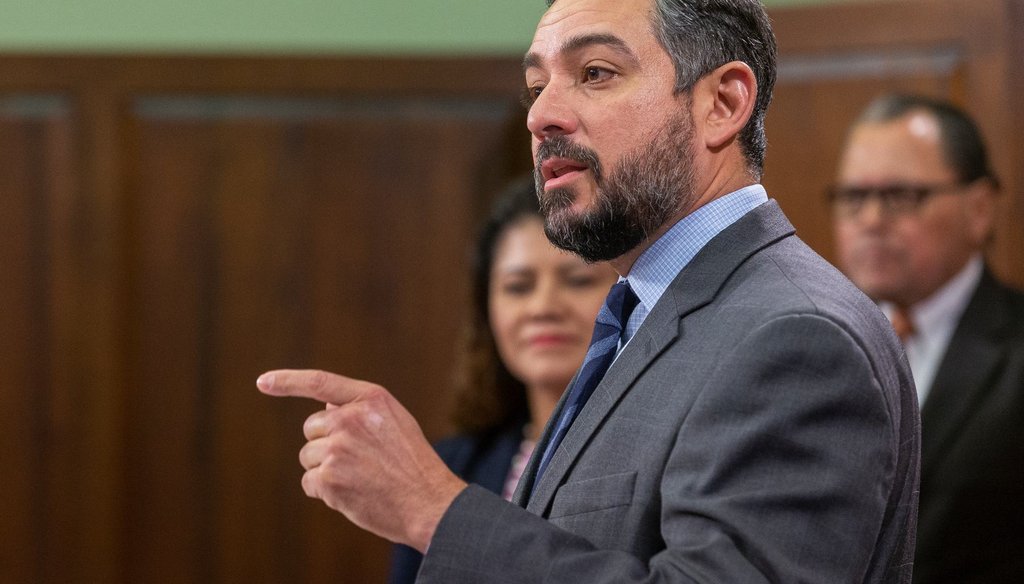Read Texas Penal Code sections 9.41 and 9.42 very carefully. These sections are ‘justification sections’; they allow an actor to claim, ‘Even if I did this, this justification is why I shouldn’t be held criminally responsible.’
9.41, in its entirety, and which must be satisfied for 9.42 to even apply: blockquote A person in lawful possession of land or tangible, movable property is justified in using force against another when and to the degree the actor reasonably believes the force is immediately necessary to prevent or terminate the other’s trespass on the land or unlawful interference with the property.
(b) A person unlawfully dispossessed of land or tangible, movable property by another is justified in using force against the other when and to the degree the actor reasonably believes the force is immediately necessary to reenter the land or recover the property if the actor uses the force immediately or in fresh pursuit after the dispossession and:
(1) the actor reasonably believes the other had no claim of right when he dispossessed the actor; or
(2) the other accomplished the dispossession by using force, threat, or fraud against the actor. [/blockquote]
9.42 is using deadly force to protect property: [blockquote]A person is justified in using deadly force against another to protect land or tangible, movable property:
(1) if he would be justified in using force against the other under [Section 9.41]; and
(2) when and to the degree he reasonably believes the deadly force is immediately necessary:
(A) to prevent the other’s imminent commission of arson, burglary, robbery, aggravated robbery, theft during the nighttime, or criminal mischief during the nighttime; or
(B) to prevent the other who is fleeing immediately after committing burglary, robbery, aggravated robbery, or theft during the nighttime from escaping with the property; and
(3) he reasonably believes that:
(A) the land or property cannot be protected or recovered by any other means; or
(B) the use of force other than deadly force to protect or recover the land or property would expose the actor or another to a substantial risk of death or serious bodily injury.[/blockquote]
There’s a lot to unpack there, and all of it must be satisfied before your hypothetical use of deadly force to protect property in Texas will be considered justified.



